Senate Laments As Nigeria’s Debt Profile Rises To N33trn
The Senate on Monday decried Nigeria’s rising debt profile, which has now risen to N33 trillion, following its approval of $22.7 billion foreign loan request by President Muhammadu Buhari.
Muhammad Bima Enagi, deputy senate chairman, Committee on Local and Foreign Debts, said this during a one-day public lecture on ‘Public Debt in Nigeria: Trend, Sustainability and Management’, organised by the National Institute for Legislative and Democratic Studies (NILDS).
Enagi argued that borrowings by develop countries like Nigeria has become a problem, though it is a means by which many countries of the world run their economies and carry out projects.
According to him, from a low ratio of debt to gross domestic product (GDP) of about 3.4 percent at independence, Nigeria’s total public debt as at September 30, 2019, according to the Debt Management Office (DMO), stands at about N26.2 trillion, or $85.4 billion.
“Of this amount total domestic debt is about N18 trillion (or $58.4 billion) which is 68.45 per cent of the total public debts. With the recent approval of the 2016-2018 External Borrowing Plan, the total debt stock would be about N33 trillion and 21 Debt/GDP ratio.
“The big question in the minds of average Nigerian aware of this fact is What did we do with the money? In other words, where did the money go?
“What do we have to show as a people for these huge debts accumulated over the last four decades or so?”, he queried.
Enagi reiterated national assembly’s resolve to monitor the Executive arm on judicious use of new loans being sought for, to save the country from going back to pre-2005 and 2006 debt burden era.
“Consequences of these borrowings is that the sheer magnitude of the Nations Annual Debt Servicing put at about N2.47 trillion for 2020 makes the provision of basic but essential amenities and infrastructure in the country, almost impossible without further borrowings.
“Clearly, Nigeria needs to get its public finance in order to avoid the potential fiscal and financial crisis ahead of the nation. The current debt situation in Nigeria needs to be properly managed and every borrowed Naira or Dollar, carefully deployed, especially in the face of the continued dependence of the nation’s economy on exported crude oil, with its usual price volatility.
“Borrowings must be project tied and not just to support budget deficit. Furthermore, the projects must be such to grow the economy and bequeath laudable infrastructure and not debt for future generations.
“The government must improve on its Internally Generated Revenue (IGR) its Foreign Exchange Earnings and reduce importation of unnecessary goods. To this end, the 9th National Assembly will ensure very effective oversight,” he added.



